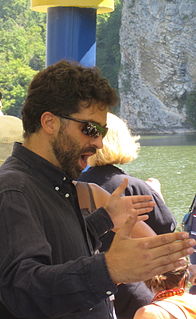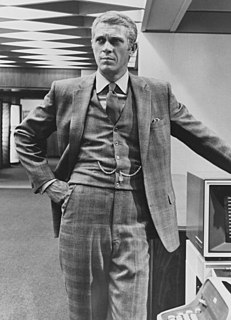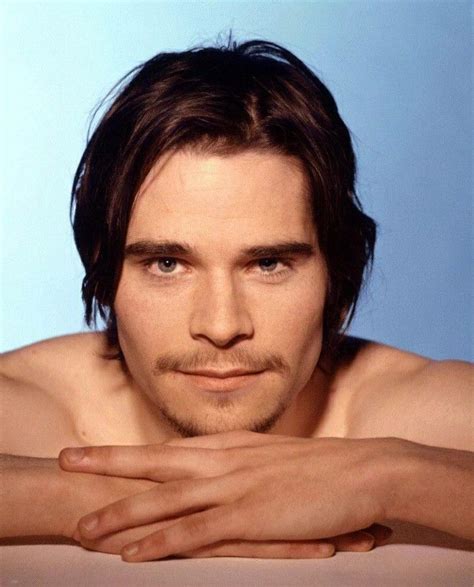A Quote by Ruth Ozeki
Even though I was making documentaries, my films had fictional elements to them. I think I like blurring those distinctions because so much of what we see on television purports to be the truth, but it's often largely imaginary - or wishful thinking, or any number of less honorable things.
Related Quotes
The more often we see the things around us - even the beautiful and wonderful things - the more they become invisible to us. That is why we often take for granted the beauty of this world: the flowers, the trees, the birds, the clouds - even those we love. Because we see things so often, we see them less and less.
Critics can say what they like about the films, but very often, there's a certain expectation of documentaries that they're supposed to be like PowerPoint presentations. I see documentaries as movies. So when I see some critics writing that we could have done without the recreations altogether - well, perhaps.
The people I met for the first time in the period when I was making films like 'Tum Bin,' 'Ra.One,' 'Dus,' 'Cash' would often remark that I was very unlike the person who had made those films. This is not the best thing for a film-maker to hear because your film should reflect your personality, thinking, philosophy and character.
Even though I make documentaries, everyone's acting in a way. Really. And you're creating, and you're confabulating things. You can't relive reality, you can just present it. And that's what I do. I have worked with actors and I like it very much, so maybe. I think that would be wonderful to do something like that, as well.
I had an incredibly full life with my imagination: I used to have all sorts of trolls and things; I had a wonderful world around my toys and invented people. I don't mean I had imaginary friends; I just had this big imagination thing going on. I didn't need any imaginary friends, because I had so much other stuff going on.
I think the problem I have with films is that, because there's so much hype around them, they become bigger than they should be, really. There are things that people do every day in their little workshops that they'll take to heaven with them. You've got to realise that it's not everything, making films.






































